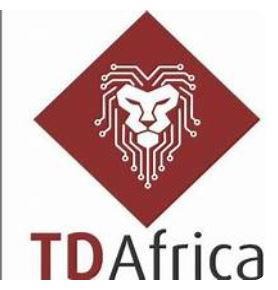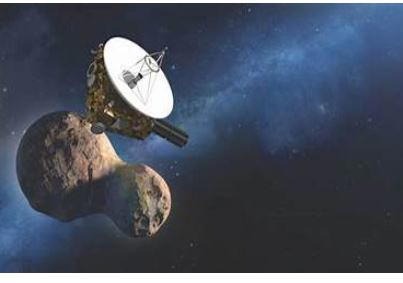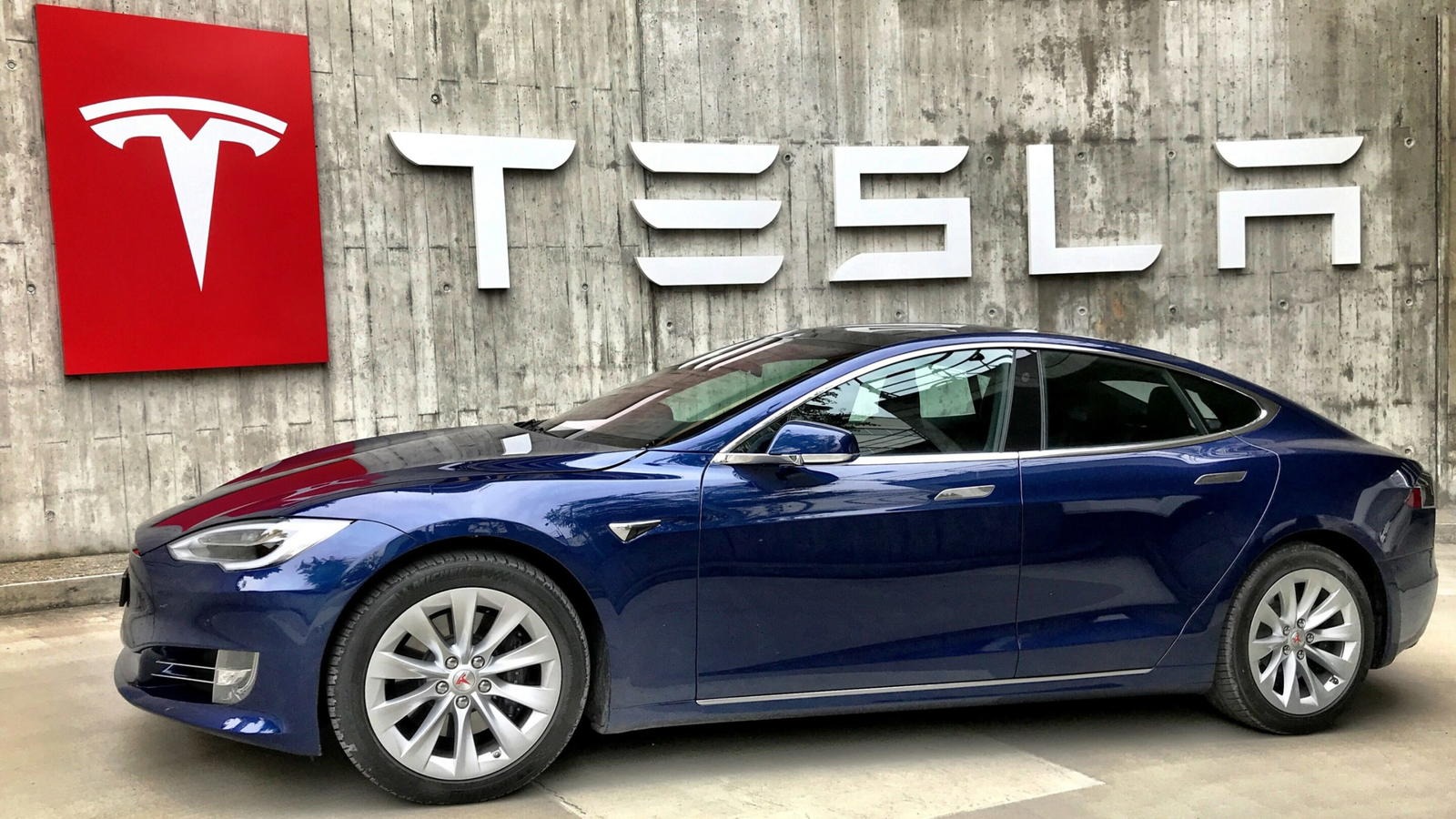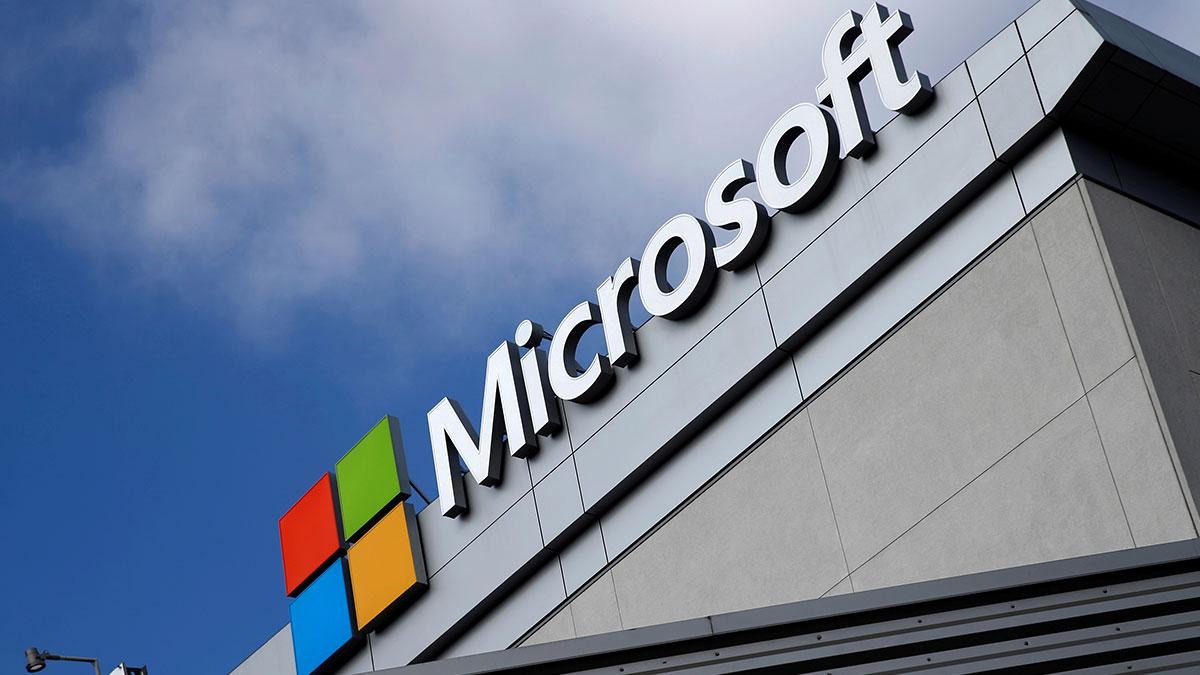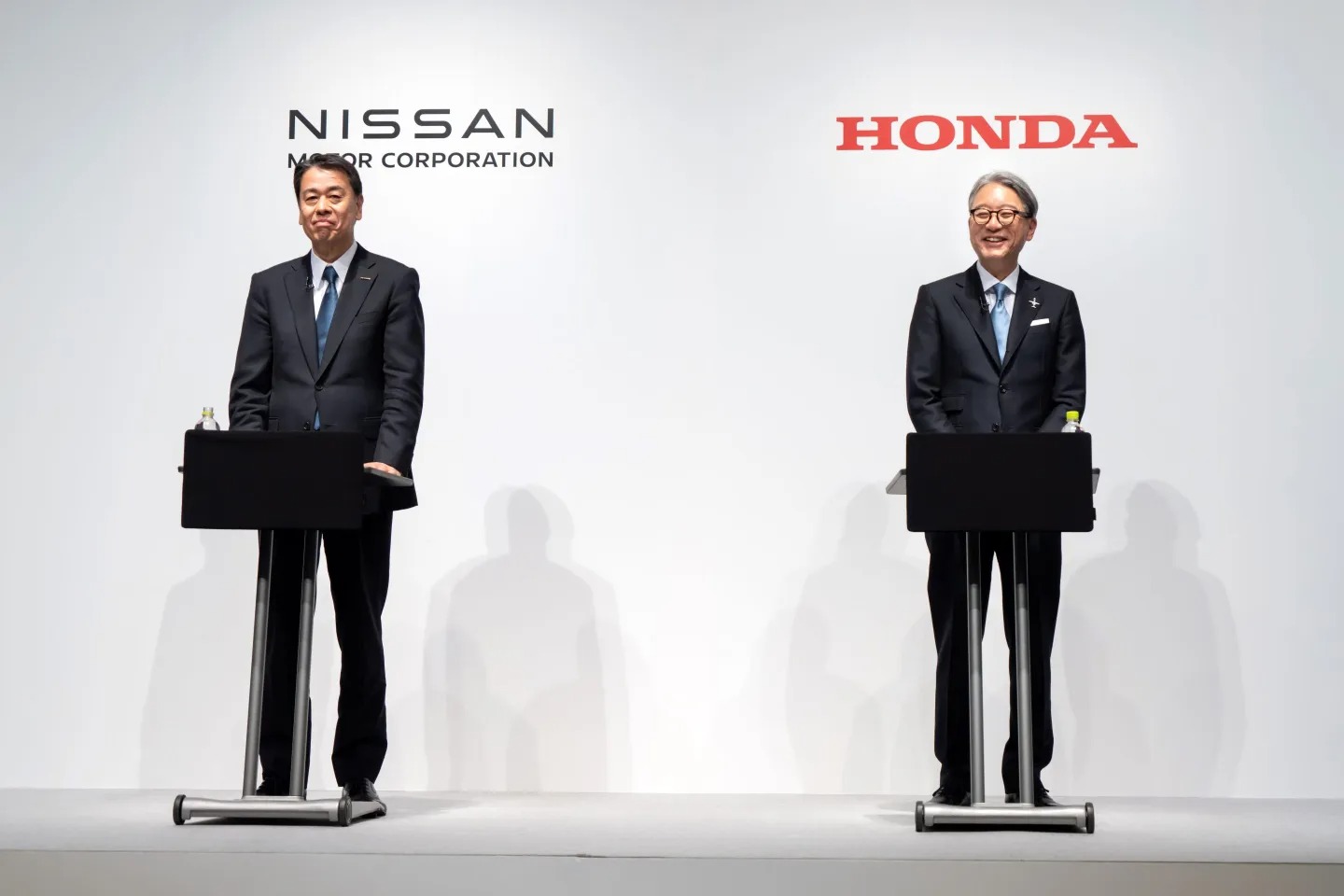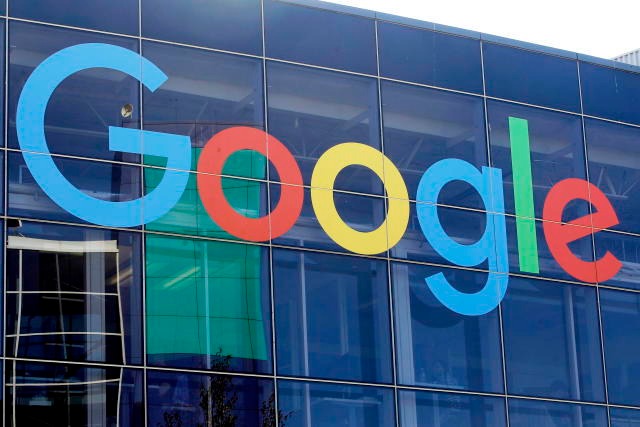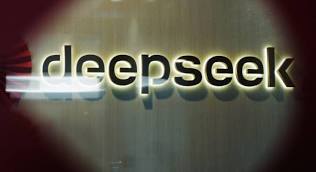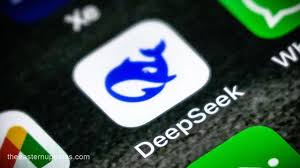Accra Ghana, recently, played host to great majority of Africa’s top technology industry players, original equipment manufacturers (OEMs), and key stakeholders who networked exchanged ideas, and foster collaborations that will shape the future of technology in the continent.
The remarkable gathering, which was at the instance of foremost technology distribution company, TD Africa, saw tech industry leaders, visionaries, and policy-makers show great interest in growing the continent’s technology base to the height no world market will ignore.
Tagged the Accra Synergy Summit the event, held at the Kempinski Hotel Accra, the event was seen as a catalyst for action.
CMD of TD Africa, Chioma Chimere, set the tone for the event by warmly welcoming guests and partners who she described as “men and women redefining Africa’s technological landscape”.
For her, Africa has enough talents to turn things around and so, she charged the important dignitaries who graced the event, including renowned tech disruptor and serial entrepreneur, Dr. Leo Stan Ekeh; Mr. Emmanuel Morka, CIO of Access Bank and Regional CIO of Access Bank West Africa; Dr. Bryan Achempong,the former Minister of Agriculture in Ghana;Mr. Chimaraoke Nwogwugwu, the COO of M-Technology Solutions Limited on the need for partnership emphasizing that together, they can achieve smooth digital transformation across the region.
A major highlight of the summit was Emmanuel Morka’s thought-provoking discussion on Financial Inclusion, Artificial Intelligence (AI), and Blockchain Technology.
Addressing the audience, he said the core idea behind Financial Services Innovation (FSI) is to create inclusive financial system that leaves no one behind.
According to him, “AI and Blockchain are not just buzzwords; they are game-changers that have the potential to revolutionize financial inclusion in Africa. The challenge before us is to develop systems that can reach every individual, no matter their socio-economic status, and empower them with financial tools that drive economic growth.”
He also expressed deep appreciation for TD Africa, noting that “this summit is a testament to TD Africa’s commitment to fostering digital transformation and providing platforms where crucial conversations like these can take place.”
He posited that the Accra Synergy Summit was more than just a gathering; that it reinforced the urgency for tech industry leaders to go beyond discussions and take deliberate steps in transforming Africa through technology.
